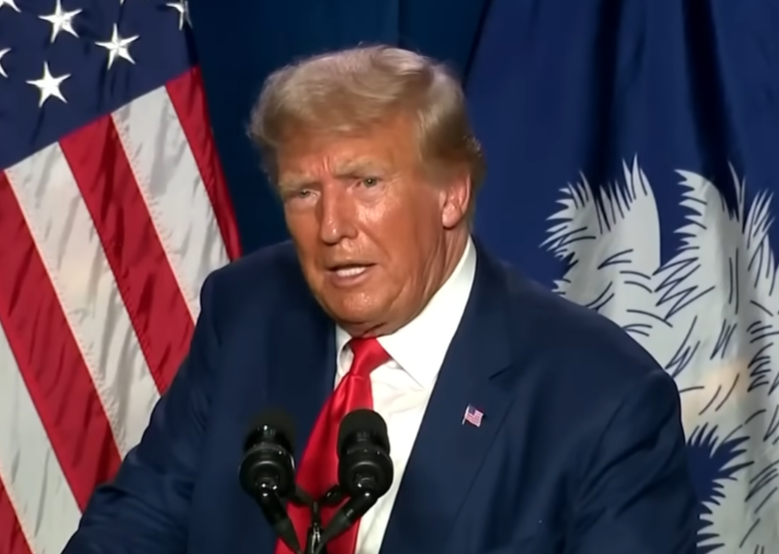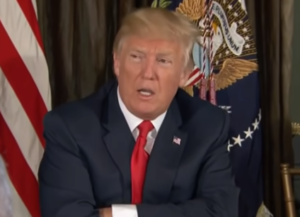
Former President Donald Trump is facing significant legal challenges in the wake of the events of January 6, 2021. On August 1, a grand jury in Washington indicted Trump on four counts under various statutes, including conspiracy to defraud the United States, corruptly obstructing an official proceeding, and conspiracy against constitutional or statutory rights. The indictment, the third against Trump, alleges that his attempt to overturn the 2020 election was fueled by lies. Here’s what we know about the indictment and the ongoing investigation.
Understanding an Indictment
An indictment is one way to bring criminal charges against a suspect. It can be issued by a grand jury, a prosecutor’s direct filing, or following a probable cause arrest by law enforcement. In Trump’s case, prosecutors opted to seek an indictment through a grand jury. Grand juries consist of local residents and meet in secret to allow witnesses to testify freely and without interference.
An indictment does not imply guilt; it merely indicates that the grand jury agrees formal charges should be filed. The charges will be weighed at trial unless the defendant reaches a plea agreement with prosecutors first.
The Three Indictments Against Trump
Donald Trump is the first American president to be indicted on criminal charges, both while in office and afterward. The first indictment was secured by Manhattan District Attorney Alvin Bragg in New York, involving hush money payments to adult film star Stormy Daniels. The second indictment was secured by special counsel Jack Smith, focusing on Trump’s post-presidential handling of classified documents and efforts to prevent federal officials from retrieving them.
The recent indictment, related to the events of January 6, alleges conspiracy to defraud the United States, corrupt obstruction of an official proceeding, and conspiracy against constitutional or statutory rights. The charges stem from the claim that Trump and others conspired to obstruct and defeat the lawful federal government function of certifying the presidential election results.
Potential for Additional Indictments
Apart from the ongoing cases, Trump is also at risk of being indicted in Fulton County, Georgia, for his efforts to pressure state officials into overturning election results. Nevertheless, legal opinions widely interpreted as protecting sitting presidents from prosecution might come into play.
Arraignment and Future Trials
Trump is expected to appear at an arraignment on August 3, where formal charges will be presented. He is likely to plead not guilty and request a jury trial, as he did in the previous cases. Trump’s indictment and the scheduled trials could pose logistical challenges for his 2024 presidential campaign, as he may need to attend court hearings while on the campaign trail.
Implications for Trump’s Presidential Campaign
Despite the indictments, Trump can continue running for president, as the U.S. Constitution limits presidential qualifications to natural-born citizenship, age, and U.S. residency. However, felony convictions might revoke his right to vote in Florida, his home state.
Possibility of Self-Pardon
The possibility of a self-pardon remains uncertain. Legal experts have debated whether a president has the authority to pardon themselves, as the Constitution’s pardon clause uses the verb “grant,” suggesting it is an act of mercy given to someone else. Past legal principles, such as “nemo judex in causa sua,” reinforce the notion that one should not be a judge in their own cause.
Conclusion
Donald Trump’s indictment marks a historic development in American politics, as he becomes the first president to face criminal charges after leaving office. The indictment and ongoing investigations raise questions about his potential political future and the implications for the 2024 presidential race. As the legal proceedings continue, the nation will watch closely to see how the events unfold and how they may impact Trump’s political ambitions.




